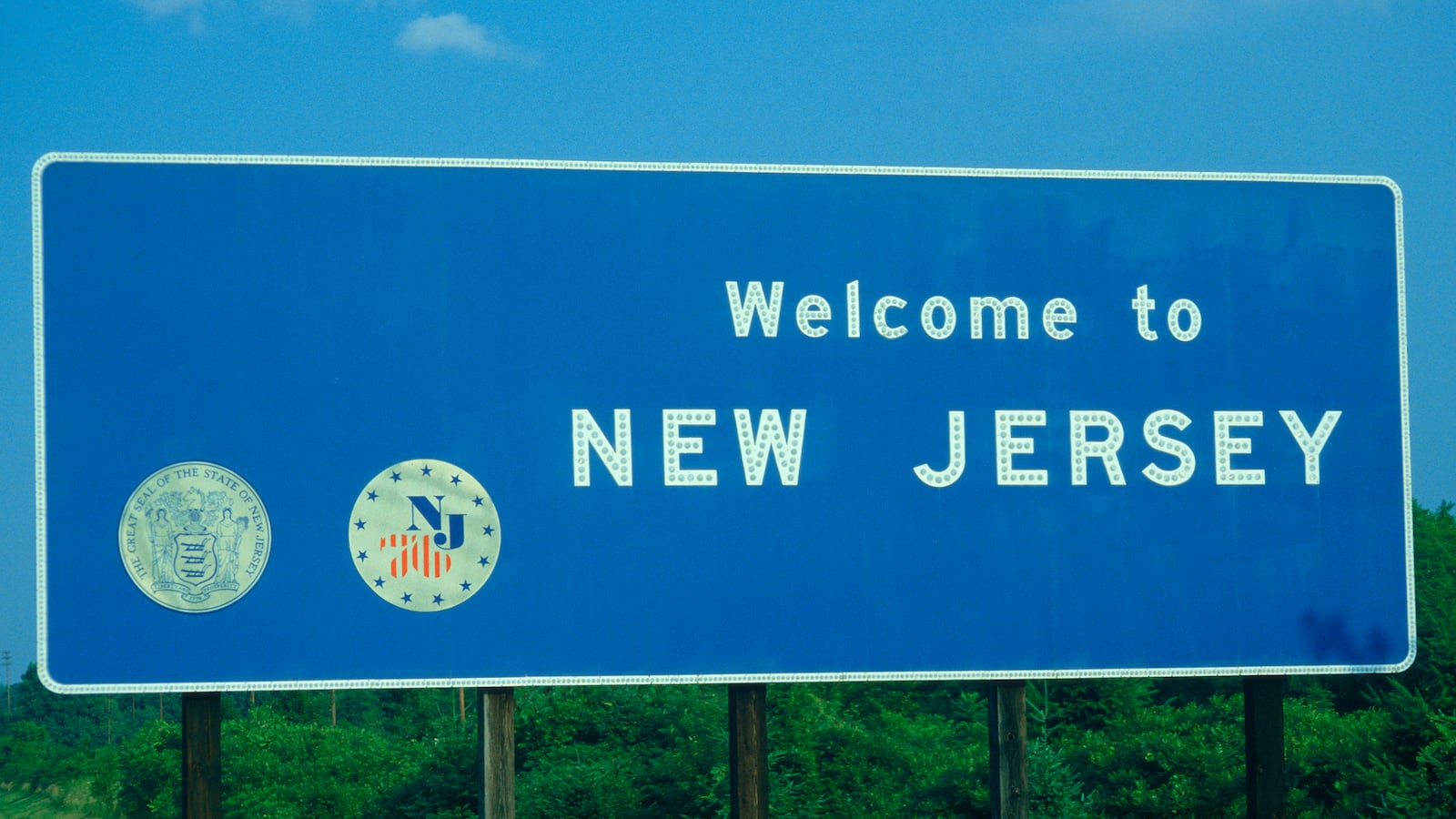With its tidy green lawns and stucco houses, Paramus, New Jersey, couldn’t feel farther from the bloody, bombed-out streets of Aleppo or Damascus.

But as the crisis in Syria worsens, the Syrian Christian immigrants and recent refugees who live in this New York City suburb are trying to get their home country on the local evening news as the U.S. mulls military intervention.
Dozens of Syrian Christians gathered Thursday afternoon at a rally at the Assyrian Orthodox Church of the Virgin Mary on a quiet residential block to protest possible U.S. military intervention in Syria—and compare notes on the latest news from friends and relatives back home.
“I can’t watch television,” said Saide Eliya, who came to America from Aleppo in 1979. “I cry when I see what’s happening.”
Christians in Syria make up about 10 percent of the population and have been victims of violence and discrimination in recent years as the civil war has escalated. They have largely backed the Assad regime as the conflict has intensified.
Syrian Christians in America are largely concentrated in Bergen County, New Jersey, while many Syrian Muslims live in nearby Paterson and Brooklyn’s Bay Ridge section. Syrian Jews are also concentrated in Brooklyn and at the Jersey Shore in the town of Deal.
Eliya and her husband, along with many of her fellow church members and friends, held signs reading “Hands Off Syria” and listened to speeches given by local politicians and church leaders. Some of the protesters were Syrian refugees who had been in America just a few days and spoke only Arabic.
“America can’t be the parents of the world,” said Steve Lonegan, a Republican who is running for U.S. senator against Newark Mayor Cory Booker. “We’re not just here to punish—that would be nothing more than a public-relations stunt.” Lonegan added that Christians in Syria would likely be affected by much of the chaos that a military intervention would bring.
The church’s archbishop, Mor Cyril Aphrem Karim, echoed Lonegan’s comments, adding, “We have lived peacefully with Muslims in Syria for 1,500 years. What happened to the Christians in Iraq will happen to the Christians in Syria if there is an intervention.” Karim highlighted the kidnappings of two archbishops in Syria in April, saying there has been no news of their whereabouts for months.
The distance between Paramus and Damascus was briefly widened again midrally, when members of the local press badgered Lonegan about his recent comments about Booker, his rival for the state’s open Senate seat. Lonegan said this week that Booker’s comments on his own sexuality were “weird” and claimed that Booker reportedly goes out for manicures and pedicures in the middle of the night.
“You’re so lucky that you live in a country where you can ask these questions, while the people in Syria are suffering,” one protester yelled, while others gathered began to shift uncomfortably.
After the speeches, children with Syrian flags drawn on their faces held signs reading “Don’t Kill Our Families!” and “Don’t Bomb Syria, My Cousins Are Starving.”
“The bottom line is, if we bomb Syria, more innocent people will get killed,” said Mary Hanikeh, a Syrian born in Switzerland who has lived in America for a decade. “It’s a déjà vu of what happened in Iraq—it’s a never-ending story.” Two of Hanikeh’s relatives were recently killed in the bloodshed.
“We are trying to send a message to President Obama that hands off Syria is the best policy,” said John Eliya, who came to America from Syria in 1971. “We’re not going to gain anything there by interfering, except creating another war. The best option is for this to go through the United Nations.”
Eliya says the Syrian Christian community in Paramus and nearby Hackensack has banded together, especially in recent weeks, to share news from back home. There are five Assyrian churches with large Syrian Christian populations in the region, and members of all the congregations often meet at local picnics and Bible-study classes. They often gather for dinner at Aladdin, a Middle Eastern restaurant in Hackensack, which also caters many of the church’s baptisms and weddings.
“It’s nice to have each other here,” said Reem, a Syrian woman who immigrated to America seven years ago and declined to give her last name. “People can come together to support our country.”
And communication with relatives back home has been next to impossible, she said. “There’s no electricity and no Internet there. Every day we wake up, and we just want to know what’s going on there. I want to talk to my brother and sisters and parents to make sure they’re alive.”
“We fast. We pray. That’s all we can do,” Saide Eliya said.






